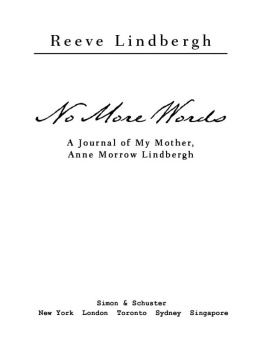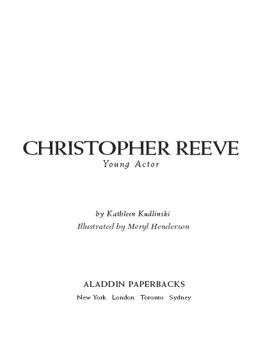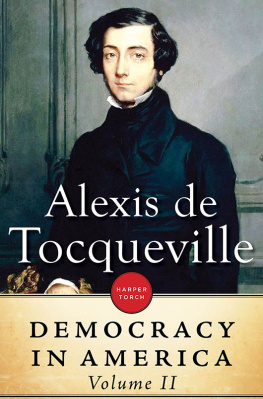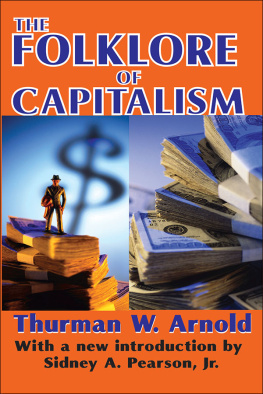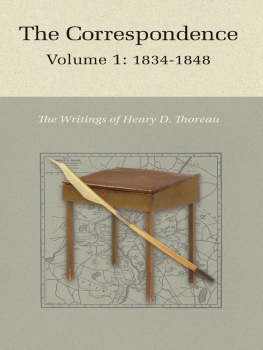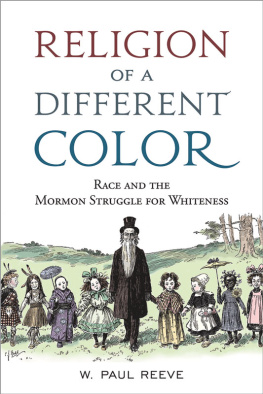PORTRAIT OF HENRY REEVE AET. 68.
From a Photograph taken by RUPERT POTTER, Esq.
XIII. THE WAR IN ITALY (1859-60)
XIV. LITERATURE AND POLITICS (1860-3)
XV. LAW AND LITERATURE (1863-7)
XVI. CHURCH POLITICS (1868-9)
XVII. THE FRANCO-GERMAN WAR (1869-71)
XVIII. THE GREVILLE MEMOIRS (1871-4)
XIX. FOXHOLES (1874-9)
XX. OUTRAGE AND DISLOYALTY (1880-2)
XXI. THE FRENCH ROYALISTS (1883-5)
XXII. RETIREMENT (1886-9)
XXIII. THE ONE MORE CHANGE (1890-5)
LIFE AND CORRESPONDENCE OF HENRY REEVE
CHAPTER XIII
THE WAR IN ITALY
How far the murderous attempt of Orsini, on January 14th, 1858, was connected with the political relations of France and Italy it is as yet impossible to say. It was, and still is, very commonly believed that in his youth Louis Napoleon had been affiliated to one or other of the secret societies of Italy, that he was still pledged to this, was bound to obey its orders, and that Orsini was an agent to remind him that the attainment of high rank, far from releasing him from the bond, rendered it more stringent, as giving him greater power and facility for carrying out the orders he received. The independence of Italy was aimed at; and it had been intimated to the Emperor that Orsini's was only the first of similar messages which, if action was not taken, would be followed by a second, with greater care to ensure its delivery.
All this may or may not have been mere gossip. What is certain is that, during the latter months of 1858, secret negotiations had been going on between the Emperor and Victor Emanuel, the King of Sardinia, or rather his minister, Cavour; and that an agreement had been come to that Austria was to be attacked and driven out of Italy. Accordingly, on January 1st, 1859, at his New Year's reception of the foreign ministers, Louis Napoleon took the opportunity of addressing some remarks to the Austrian Ambassador which, to France and to all Europe, appeared threatening.
Similarly, at Turin, it was allowed to appear that war was intended; and on both sides preparations were hurried on. In France, as in Austria, these were on a very extensive scale. A large fleet of transports was collected at Marseilles; troops were massed on the frontier of Savoy; and, on the part of the Austrians, 200,000 men were assembled in readiness for action. On April 23rd Francis Joseph, withoutit was saidthe knowledge of his responsible ministers, sent an ultimatum to Turin, requiring an answer within three days: at the expiration of that time the Austrians would cross the frontier. The allies utilised the delay to complete their preparations; and before the three days had ended the advance of the Franco-Sardinian army had begun.
The campaign proved disastrous to the Austrians, whose half-drilled and badly-fed troops and obsolete artillery were commanded by an utterly incompetent general. They were defeated at Palestro on May 31st; at Magenta on June 4th; and again at Solferino on June 24th. Nothing, it appeared to the Italians and the lookers-on, could prevent the successful and decisive issue; the Austrians would be compelled to quit Italy. Suddenly Louis Napoleon announced that he had come to an agreement with the Emperor of Austria and that peace was agreed on. The disappointment and rage of the Italians were very great; but, as Louis Napoleon was resolved, and as Victor Emanuel could not continue the war without his assistance, he was obliged to consent, and peace was concluded at Villafranca on July 11th.
For the next eighteen months much of the correspondence refers to the inception and result of this short war, mixed, of course, with more personal matters, and at the beginning, with news as to the state of Tocqueville's health, which was giving his friends the liveliest anxiety. The Journal for the year opens with:
January 6th.We went to Bowood. It was the first time Christine went there. The party consisted of the Flahaults, Cheneys, Strzelecki, the Clarendons, Twisletons,[Footnote: The Hon. Edward Twisleton, chief commissioner of the poor laws in Ireland. He married, in 1852, Ellen, daughter of the Hon. Edward Dwight, of Massachusetts, U.S.A.; and died, at the age of sixty-five, in 1874.] and Leslies. What agreeable people! For a wonder we shot there on the 10th, and killed 140 head.
January 12th.We had a dinner at homeTrevelyan, just appointed governor of Madras, Phinn, Baron Martin, Huddleston, W. Harcourt, Merivale, and Henry Brougham.
From Lord Brougham
Cannes, January 3rd.I grieve to say Tocqueville has been worse. His doctor dined here t'other day and T.'s brother came for him at ten o'clock. I have as bad an opinion of the case as possible.
Cannes, January 9th. The Italian affair is very naturally cause of anxiety, but I feel assured this, for the present, will pass away. I find there is a strong feeling getting up of the Austrian army being as good as the finances are bad, but the French finances are not likely to be very much better. However, though the present alarm will pass away, what a sad thing for the peace of the world to depend, not on the general opinion and feeling, but on the caprice, or the jobbing, or the blunders of a few individuals! Who can be quite sure that Morny's stockjobbing has had nothing to do with the late most silly conversation? [Footnote: Presumably, the sinister remark addressed to the Austrian Ambassador on New Year's Day.] L. N. himself is quite clear of all such blame. He tries all he can to prevent M. and others from their pillaging, but he never can succeed. However, it is to the risk of more blunders that I look as placing peace in greatest jeopardy. I don't believe L. N. or any one of them would, if they knew it, run the risk of a general war (and the least war means a general war); but they may any day get into a scrape without intending it, for they have not the security of free discussion to warn them.
From Lord Hatherton
Teddesley, January 12th.Do me the kindness to write me one line to tell me what you know of the state of M. de Tocqueville. Is it dangerous? There is no man out of this kingdom who possesses so much of my admiration and regard.
This general lull after the late Reform agitation is very natural. There are four parties waiting each other's moves; three, at least, exclusive of Bright's, which is the least. There are the present Government, the late Government, and the countrywhich, as I read it, has little in common with any of them, but is at present without a leader. Any very powerful man, who had been living by, would now have had a great field before him.
I attended the day before yesterday a very remarkable meeting of the Birmingham and Midland Institute at Birmingham. Lord Ward [Footnote: Created Earl of Dudley in 1860.] in the chair. The report, and all the officials and speakers, especially those from the town, complained of the indifference of the artisans, mechanics, and labourers of that town to instruction and education generally. It seems, on the showing of Bright's friends, that these fellows, the noisiest of their class about Reform, are the most ignorant and the least desirous of improving themselves. Such is the report of Bright's own friends. Mr. Ryland, the vice-president and real manager of the institution, who is also Bright's friend there, is the loudest in his complaints of this body. Ryland further told me that he believed there was not a workman in the town who, if consulted individually, would express his approval of all Bright's principles. Mr. Ryland is a solicitor.



